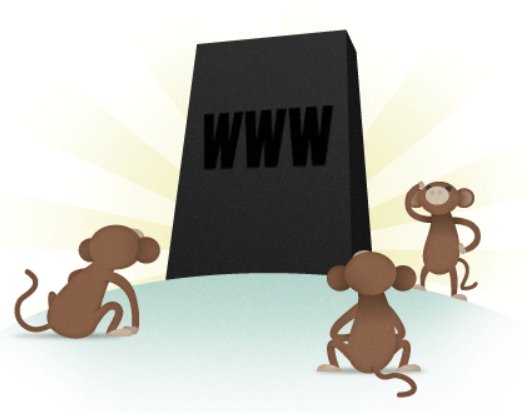Search Engine Optimization…old school.
 Not too long ago, though perhaps an eternity in Internet years, Search Engine Optimization was mostly about keywords. Webmasters would stuff keywords in every corner of their page; title tag, meta description tag, the keyword tag, the image tag, and as much as possible on the page. The logic being, if I put my keyword on my page more times than my competition, then Google will reward me by listing my page higher. That even worked to a point, but smart webmasters knew better. While keyword stuffing may have had short term benefits, having a long term vision was the better strategy then, as it is now.
Not too long ago, though perhaps an eternity in Internet years, Search Engine Optimization was mostly about keywords. Webmasters would stuff keywords in every corner of their page; title tag, meta description tag, the keyword tag, the image tag, and as much as possible on the page. The logic being, if I put my keyword on my page more times than my competition, then Google will reward me by listing my page higher. That even worked to a point, but smart webmasters knew better. While keyword stuffing may have had short term benefits, having a long term vision was the better strategy then, as it is now.
Google Updates and Search Engine Optimization
For the webmaster, Google may be simply a tool to bring visitors and potential revenue to their site, but for Google, it is a method of delivering the most relevant results to the searcher thus improving the user experience. Because Google strives to deliver a quality user experience, it is constantly updating it’s algorithm. Some updates are small, some are large and impactful, such as the recent Panda, Penguin, and Hummingbird updates.

With the constant Google updates, SEO has evolved from it’s primitive keyword stuffing ways to something much more complex. Today there are actually two types of Search Engine Optimization: On-page and off-page SEO.
Search Engine Optimization Basics: On-Page and Off-Page SEO
On-page SEO refers to how well your site is presented to the search engines. It accounts for about 25% of your SEO “score” and has the most immediate impact on your rankings. Off-page SEO refers to your site’s authority on the Internet. It has more of an impact on your rankings, but takes a considerable amount of time to build.
On-Page SEO
When working on your on-page optimization, the main elements to focus on are:
- Page Title
- Meta Description
- Headings
- Images
- Videos
- Domain
- Content quality and quantity
- Links out
Off-page SEO
Off-page SEO essentially entails all inbound links to your website. This can include:
- Other websites linking to your site
- Social media posts with a link to your site
- Blog comments linking to your site
- Forum posts or comments linking to your site
- Anchor tags used to link to your site
Within the above group are two types of links; “No Follow” and “Do Follow”. Both are important in their own rights. Do Follow links are the only link that sends “Link Juice” through to your site, but No Follow are important as well.
What Search Engine Optimization is Not
It is important to note that while good SEO can certainly help your site achieve very high quality traffic to your web site, it’s not magic. It does not happen overnight, and no one can guarantee indefinite first place rankings. Any SEO company that does should be carefully scrutinized. Good, quality SEO takes time and it a continuous, on going practice. Long term first page, and even first place rankings are certainly achievable for any keyword, but patience, a long term commitment, and continuous work are absolute requirements for long term high rankings.
In our next post, I will be discussing On-Page Search Engine Optimization and Off-Page Search Engine Optimization in greater detail.

